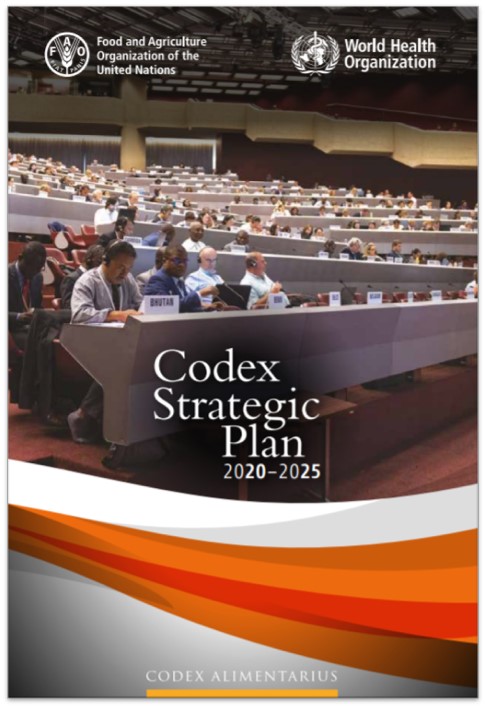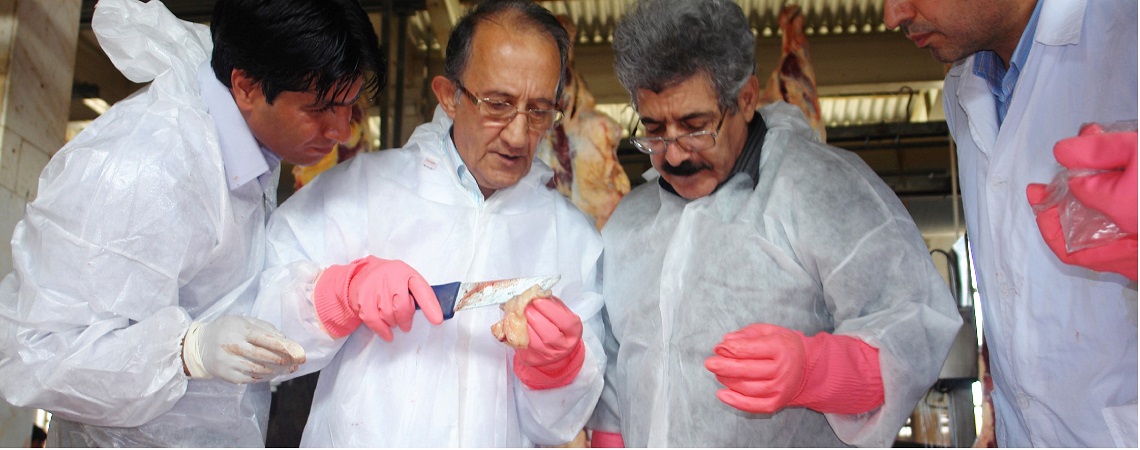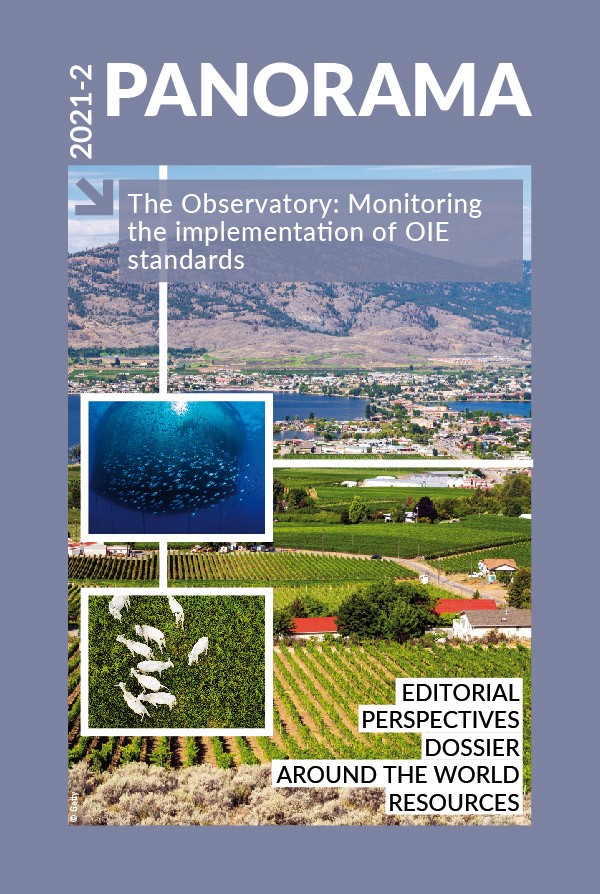Around the world Posted on 2021-12-14 10:08:57
Network initiatives
Improving monitoring of the use of Codex standards
Keywords
Authors
Hilde Kruse(1)* & Farid El Haffar(1)
(1) Secretariat of the Codex Alimentarius Commission, Joint FAO/WHO Food Standards Programme.
* Corresponding author: hilde.kruse@fao.org.
The designations and denominations employed and the presentation of the material in this article do not imply the expression of any opinion whatsoever on the part of the OIE, FAO or WHO concerning the legal status of any country, territory, city or area or of its authorities, or concerning the delimitation of its frontiers and boundaries.
The views expressed in this article are solely the responsibility of the author(s). The mention of specific companies or products of manufacturers, whether or not these have been patented, does not imply that these have been endorsed or recommended by the OIE, FAO or WHO in preference to others of a similar nature that are not mentioned.
The mission of the Codex Alimentarius Commission (Codex), established by the Food and Agriculture Organization (FAO) and the World Health Organization (WHO) in 1963, is to set out international food standards, guidelines and codes of practice to protect the health of consumers and ensure fair practices in food trade. The Commission also promotes the coordination of all food standards work undertaken by international governmental and non-governmental organisations.
Animal food production can affect food safety and quality. Hence, the World Organisation for Animal Health (OIE) and Codex have many common interests, particularly with regard to such topics as veterinary drug residues, food hygiene and antimicrobial resistance.

In 2019, the Commission adopted the Codex Strategic Plan 2020–2025, which includes an ambitious new goal to ‘increase impact through the recognition and use of Codex standards’ and provides indicators to help measure the effects of these standards. Improved monitoring of the use of Codex standards will provide more accurate information to help in identifying the most useful standards, as well as assist the Commission to better understand the challenges encountered by Members when applying these standards. The ultimate objective is to strengthen the overall effectiveness of Codex.
The experiences of the OIE Observatory, and lessons learned, will be invaluable to Codex as it builds its own monitoring system.
https://doi.org/10.20506/bull.2021.2.3290












